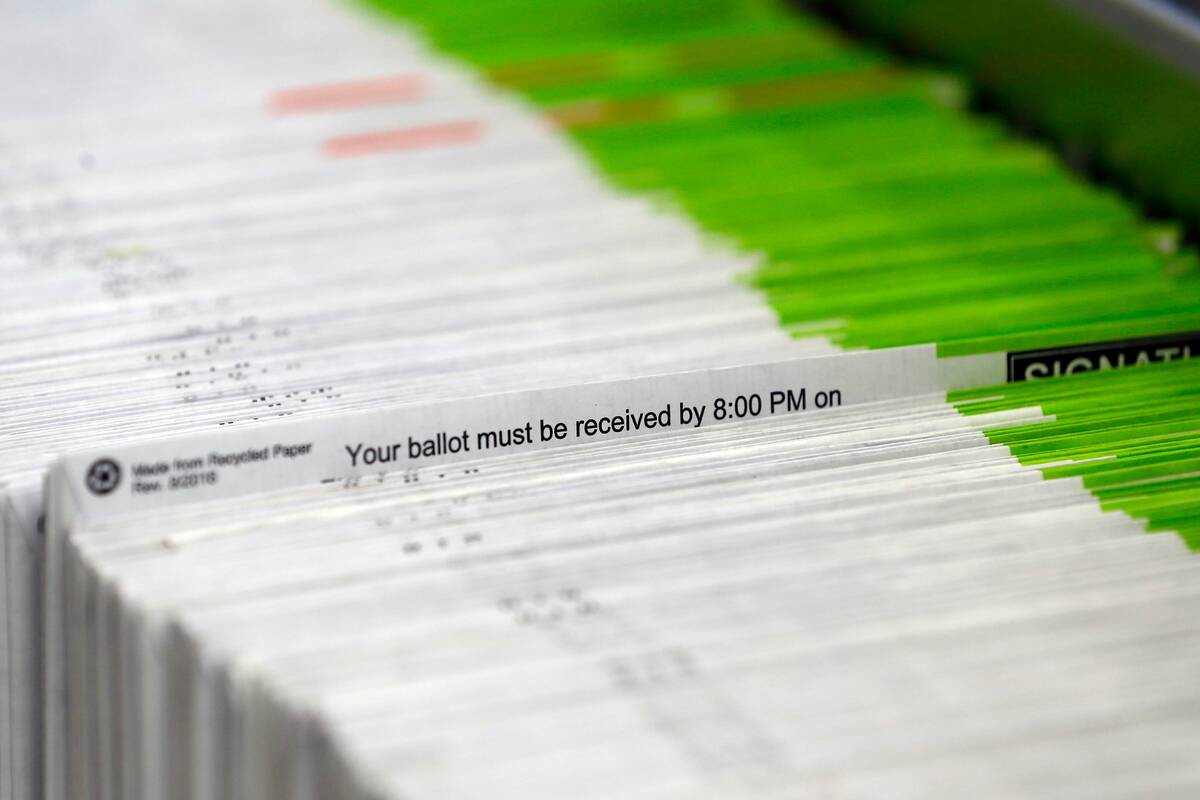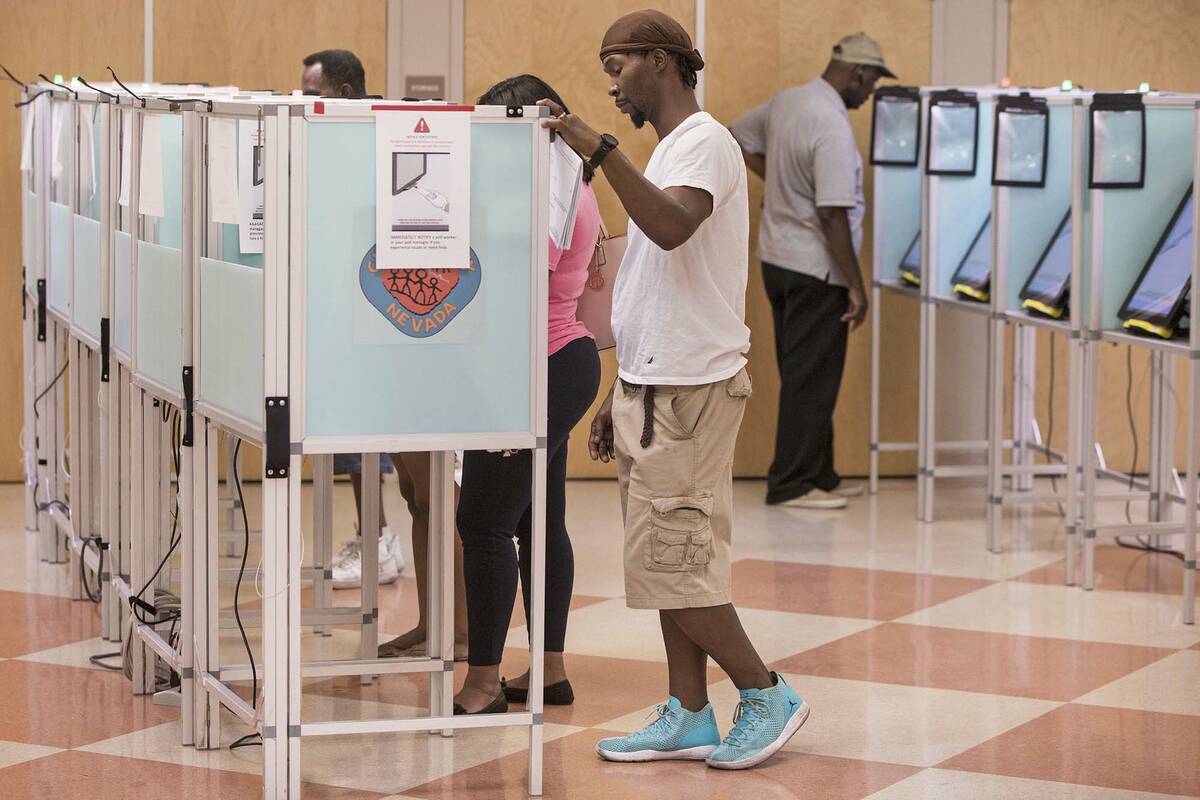What do political parties know about you? Data collection goes deep
When you hear a knock on your door and open it to find a political campaign volunteer asking for your support of a particular candidate or issue, they might know more about you than you think.
Political parties have long kept tabs on you. They know how often you vote, what party you vote for and where you vote. But some parties and campaigns use data to go deeper than that.
The Republican National Committee’s data goes more in depth than that. Like a company would gather data on potential consumers of their product, the RNC gathers consumer information on potential voters. For instance, they know what kind of car you drive, whether you watch more professional football versus college football, and what sort of magazines you like, according to the RNC.
Republicans also have a voter score for every single registered voter in Nevada. If someone is a die-hard Donald Trump supporter, for example, their voter score will be in the 90 percent range, said Chris Carr, a veteran GOP operative who worked on Trump’s re-election campaign, in a previous Las Vegas Review-Journal podcast.
He said the party also scores voters based on their voting record, if they’re a frequent voter, infrequent voter or in between. The party takes those factors into consideration when deciding how it allocates its resources and where it sets up offices and staff.
When the RNC sends out neighborhood volunteers to walk door-to-door, the script they use changes voter to voter, Carr said.
Democrats compile publicly available information to understand how likely people are to turn out to vote and how persuadable they could be to vote for a Democrat. The Democratic National Convention also knows your name, address, age and the date you registered to vote. They assemble that information using data from secretaries of state and then disburse that information out to state parties and campaigns.
Judith Whitmer, former chair of the Nevada Democratic Party, said every interaction a campaign volunteer has with a voter is recorded, and those notes are uploaded to the party’s database called VAN that candidates’ campaigns have access to, as well as all of the DNC. That includes how voters feel about certain policies and if they are in favor or against something, Whitmer said.
“That’s going to help a candidate know what, you know, what’s important to the voters and what’s important to their constituents,” Whitmer said. “When they’re doing their messaging … they’re going to want their messaging to sort of reflect what voters want.”
Campaigns can have different information on you, depending on if they hire political data firms that can buy data from other companies such as Experian. Some data they can have include race, ethnicity, real estate property records, estimated income levels, and consumer purchasing patterns, according to Reuters. They use this data to create predictive models that can show how likely a person is to support a candidate and where they could stand on different issues, such as gun control and the environment.
Those models can also demonstrate different lifestyles, such as if a person uses social media. If the person does, a candidate might want to spend money on Facebook ads to target the voter, rather than texting them.
Contact Jessica Hill at jehill@reviewjournal.com. Follow @jess_hillyeah on Twitter.























